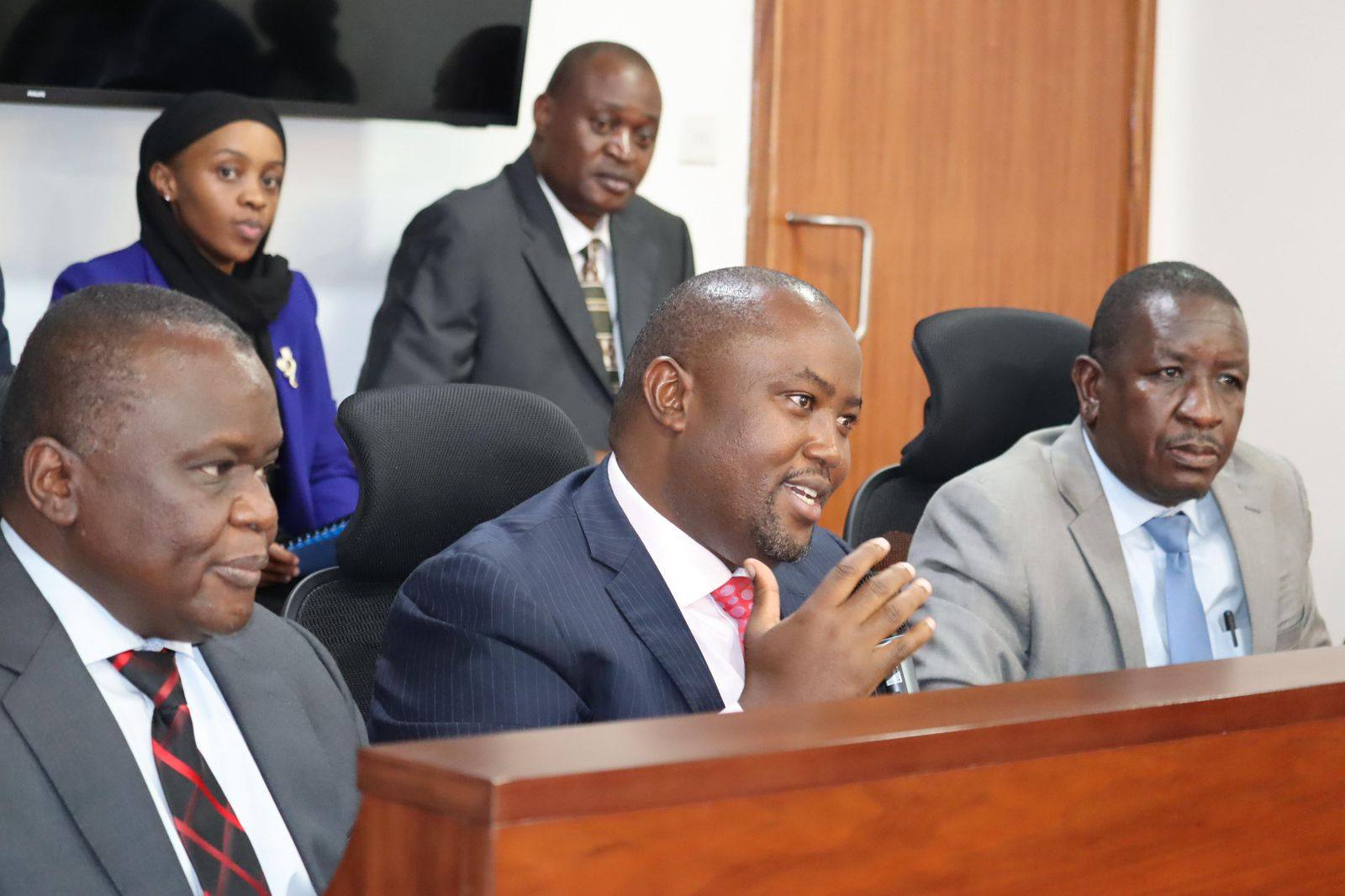The government is pushing Parliament to lift the freeze on new Power Purchase Agreements (PPAs), a move meant to allow Kenya Power to bring in additional electricity plants and cushion the country from a possible supply crisis.
Energy Principal Secretary Alex Wachira said the ministry and the National Assembly’s Energy Committee have already reached a consensus on the matter, with MPs expected to debate and adopt the committee’s report once Parliament resumes next week.
Kenya Power has not entered into fresh agreements with power producers since 2018, when lawmakers imposed the moratorium to pave way for an audit of contracts where producers were accused of inflating charges, locking consumers out of affordable energy.
With rising local demand, the absence of new contracts has drained Kenya’s reserve margin to below four percent, forcing the utility to ration supply in some regions to maintain grid stability during peak periods.
“We have been in conversations with the Energy Committee of Parliament and a report is ready. We are anticipating that next week when Parliament resumes, they shall lift the moratorium,” Wachira told participants at the Sustainable Energy Conference in Olkaria, Naivasha.
The meeting brought together government officials, industry players and investors as the country seeks to grow its clean energy base.
The pressure on reserves comes amid a surge in consumption, with peak demand rising by more than 45 megawatts since the beginning of this year. Globally, utilities are advised to maintain a buffer of between 20 and 35 percent, a benchmark far from Kenya’s current position.
Kenya Power has already raised alarm over the risk of a generation shortfall if new PPAs remain blocked. In 2024 alone, the country recorded seven new peaks in electricity usage, highlighting the fast-rising needs of households, industries, and businesses.
Kenya’s current installed generation capacity stands at 3,811.60 megawatts. To ease pressure, the country has been sourcing power from Ethiopia, purchasing up to 200 megawatts under a 27-year contract.
The two utilities are also in talks for an additional 50 to 100 megawatts. But experts warn that Kenya’s heavy reliance on Ethiopia exposes the nation to serious risks should disruptions occur along the transmission line linking the two countries.
Although Cabinet lifted the moratorium on PPAs in February 2023, lawmakers reinstated it, arguing that a thorough review of existing deals was necessary before allowing new ones. Parliament, now on recess, is expected to prioritize the issue when sittings resume next week.

